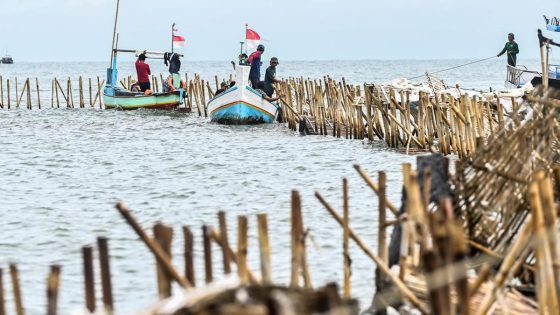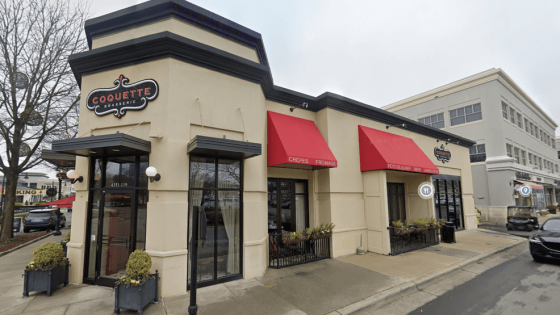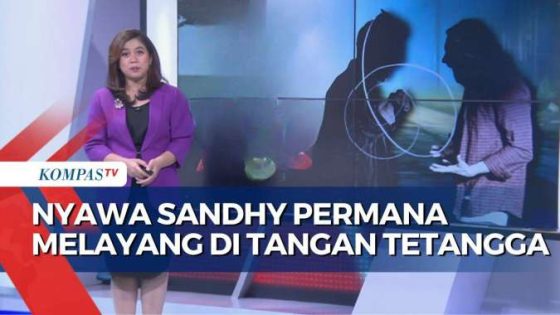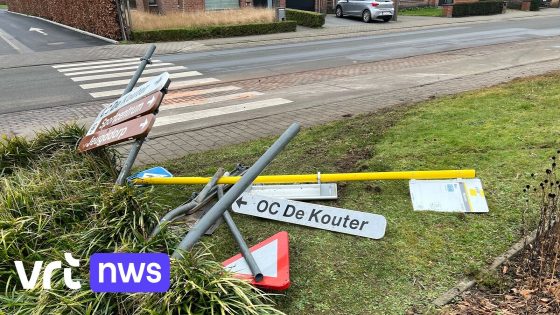On January 20, 2025, it was revealed that Sugianto Kusuma, also known as Aguan, owns a building use rights certificate (HGB) for coastal areas in Tangerang, Banten. This discovery raises questions about the implications for property ownership in Indonesia‘s coastal regions.
- Sugianto Kusuma's company holds HGB certificate.
- 263 water areas in Banten certified HGB.
- PT Cahaya Inti Sentosa owns 20 water plots.
- PT Intan Agung Makmur controls 234 HGB plots.
- Belly Djaliel and Freddy Numberi lead Intan Agung.
- PIK 2 denies ownership of mysterious fence.
Understanding the Implications of Aguan’s Coastal Property Rights
What does Aguan’s ownership of HGB in Tangerang mean for local communities? The revelation has sparked discussions about land use and environmental management in coastal areas.
Key Details About Coastal HGB Ownership in Indonesia
The Ministry of Agrarian Affairs and Spatial Planning confirmed that 263 water areas in Banten have HGB certificates. Notably, PT Cahaya Inti Sentosa, a subsidiary of Agung Sedayu Group, holds 20 of these certificates. The implications of such ownership are significant, as they affect both local development and environmental policies.
Who Owns the Coastal HGB Certificates?
Two primary companies are involved in this coastal land ownership:
- PT Cahaya Inti Sentosa (CISN) – Owned by Agung Sedayu Group, holding 20 HGB certificates.
- PT Intan Agung Makmur – Controls 234 HGB certificates and is also linked to Agung Sedayu Group.
The Role of Government in Coastal Land Management
The Indonesian government plays a vital role in managing coastal land ownership. With 263 HGB certificates issued, the government must ensure that these rights do not infringe on community needs or environmental protections.
Impacts on Local Communities and Environment
Coastal land ownership can significantly impact local communities. It raises questions about access to resources and environmental sustainability. As these companies expand, how will it affect the livelihoods of local fishermen and residents?
In conclusion, Aguan’s ownership of HGB certificates in Tangerang highlights the complexities of land rights in Indonesia. This situation warrants attention from policymakers, local communities, and potential investors.
































